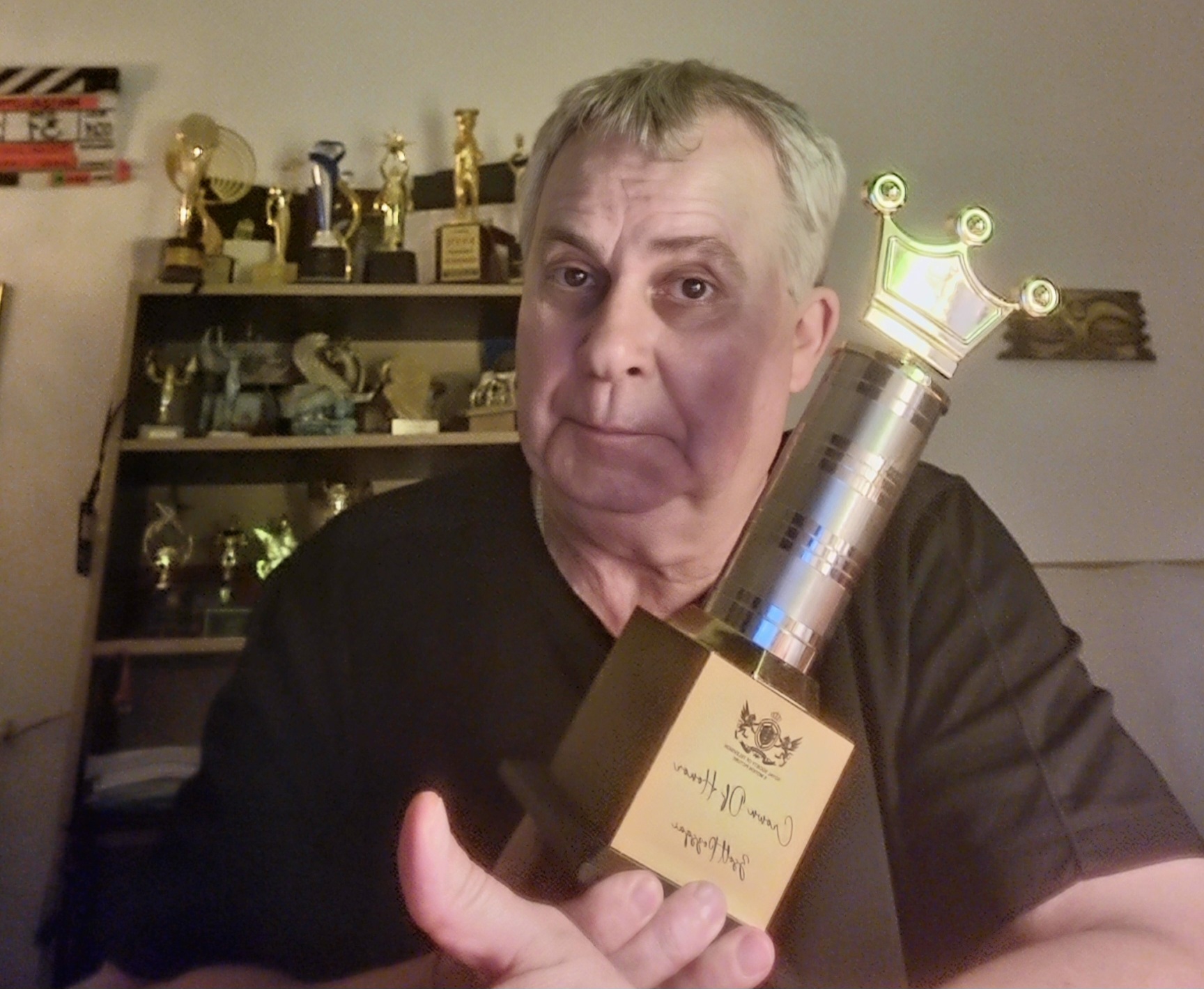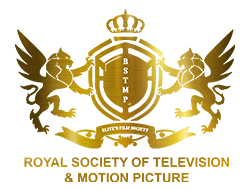
Zsolt Pozsgai | Interview
RSTMPA: What initially drew you to filmmaking?
Zsolt: The good films. When I was a teenager, we didn’t go to the cinema to see giant gorillas jumping or sharks circling, but to watch films with value and talent. In Europe, in the seventies, eighties and nineties, there were many good Italian, French, English and Hungarian films. They were shown in cinemas. Even in Indian cinemas at the time, many Hungarian films were being distributed to millions of viewers. So we grew up knowing what value was. Very talented actors appeared and film became an art. That is the experience I try to represent today. I started in the theatre as a playwright and director, but I was commissioned to write more and more scripts and later I was commissioned to direct films. So it’s not film school – it’s experience, experience and experience
RSTMPA: What are some of the biggest challenges you face as an independent filmmaker?
Zsolt: Time and space. As an independent filmmaker, I have much less time for a full shoot. And in terms of space, I have to find a space that is obtainable instead of the ideal space, and even better than the original space.
RSTMPA: What advice do you have for aspiring independent filmmakers on building a strong crew?
Zsolt : I make creative films, I write the scripts and I direct them. I work out of instinct, not consciously. And I’ve tried to learn everything about filmmaking. A director has to understand all the areas. The lighting, the sound – and especially the acting. I’m inspired by anyone who is talented and makes a talented film, whatever the genre. Drama, comedy, animation, documentary. It’s all about having something that the creator wants to communicate to the audience, to the people. Something that makes their lives better and more beautiful. Because that’s what we do. Independent film is not amateur film. It is the free thoughts of the independent filmmaker expressed on film. But to do this, you need professional collaborators. Professional cinematography, lighting, sound, and extremely talented and dedicated actors. Independent film is a lot of free people who want to be one, and who don’t want to conform to any material or political demands. Independent film is often the same as production film. The difference is that here the money is spent on making the film, not on the producers buying more houses for themselves.
RSTMPA: What strategies do you use to get your films seen by a wider audience?
Zsolt: I enter it in film festivals where I can negotiate with online or other distributors. And they do. You can sell a good production to television channels, you just have to know how to do it. In my country, Hungary, it’s relatively easier because it’s a small country and everyone knows everyone. And if an international distributor is represented in Hungary, it is much easier to negotiate with them. And then there are the other online options. Anyone who thinks that a good film today has no way of reaching an audience is stupid.
RSTMPA: What are your thoughts on the future of independent cinema in the digital age?
Zsolt: Digitalisation and independent film are not opposites. Independent film can benefit from all the advantages of digitisation just as much. For example, I’m shooting a film right now, and to keep up with the pace, we’re using one of the world’s latest film cameras. In art, there will always be creators who don’t realise other people’s expectations for money, but their own projects out of conviction.
RSTMPA: Can you tell us about the inspiration behind your winning film?
Zsolt: Since I was awarded a Crown of Honor, I think it was given for the films I have won awards for in the past years. So I consider it a lifetime achievement award and I thank you very much. Because it’s not a film that’s being recognised, it’s a body of work. And India is very important to me. Because my first real success was at the Goa International Film Festival fourteen years ago. I was invited to the festival and spent two wonderful weeks there and got to see some fantastic films and great filmmakers. Since then I have been to many Indian film festivals. Or one of my films has won one of these festivals. So being in India is more important to me than anything else.
RSTMPA: Are there any upcoming projects you’re excited to work on?
Zsolt: I’m shooting a film right now. In the summer I’m making a documentary, and in the autumn I’ll start another feature film. But I’d love to work with Indian filmmakers on a co-production film, there’s a subject and plenty of scripts. We were much closer before the pandemic, but since then the distance has grown. I would like us to make an Indian-Hungarian film again. I welcome all suggestions and enquiries from Indian producers.



Sorry, the comment form is closed at this time.